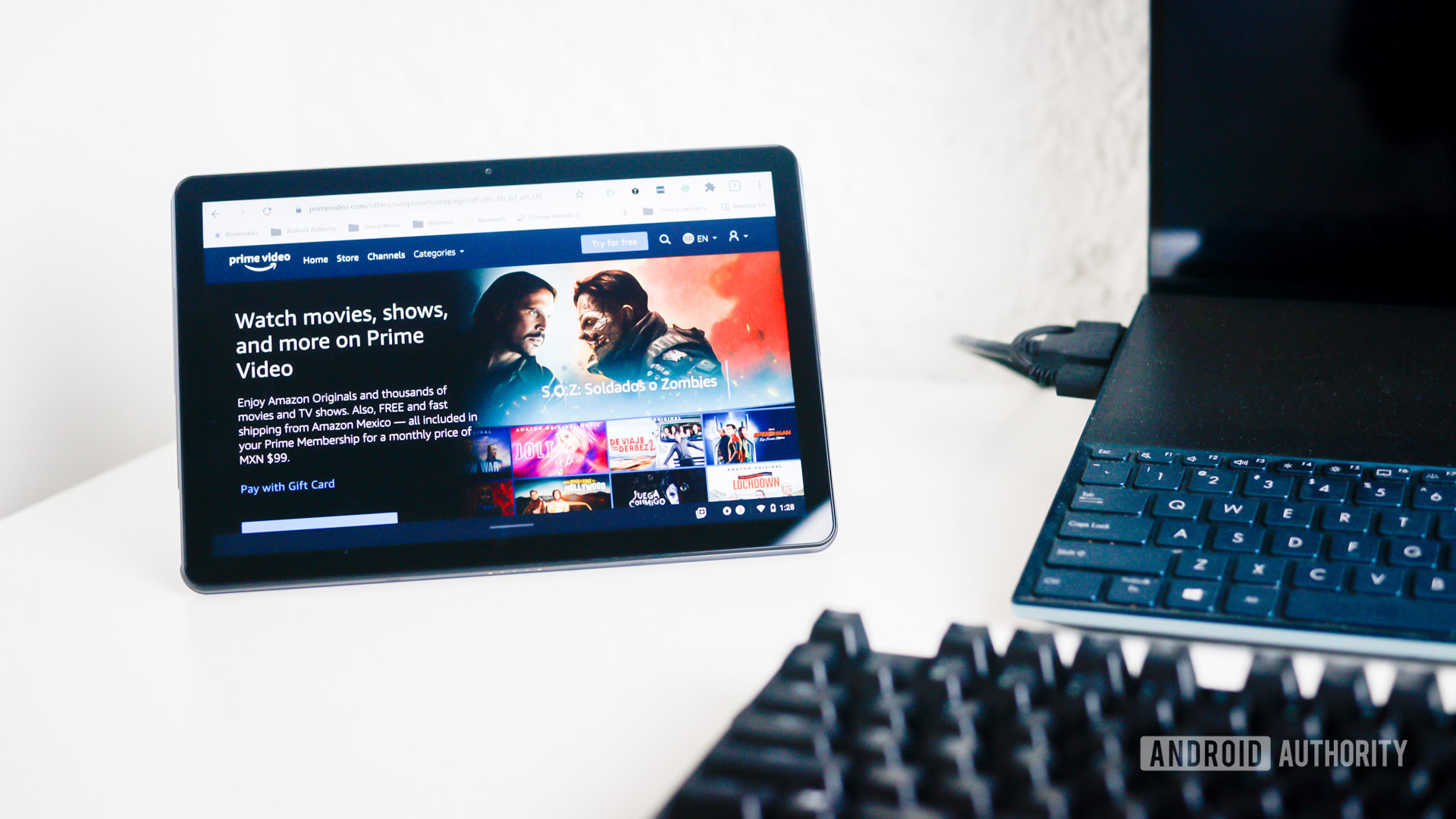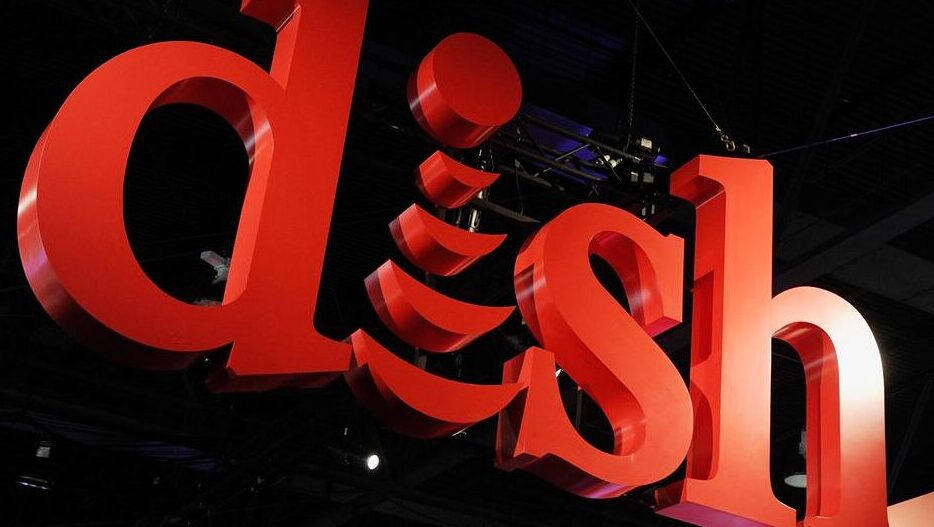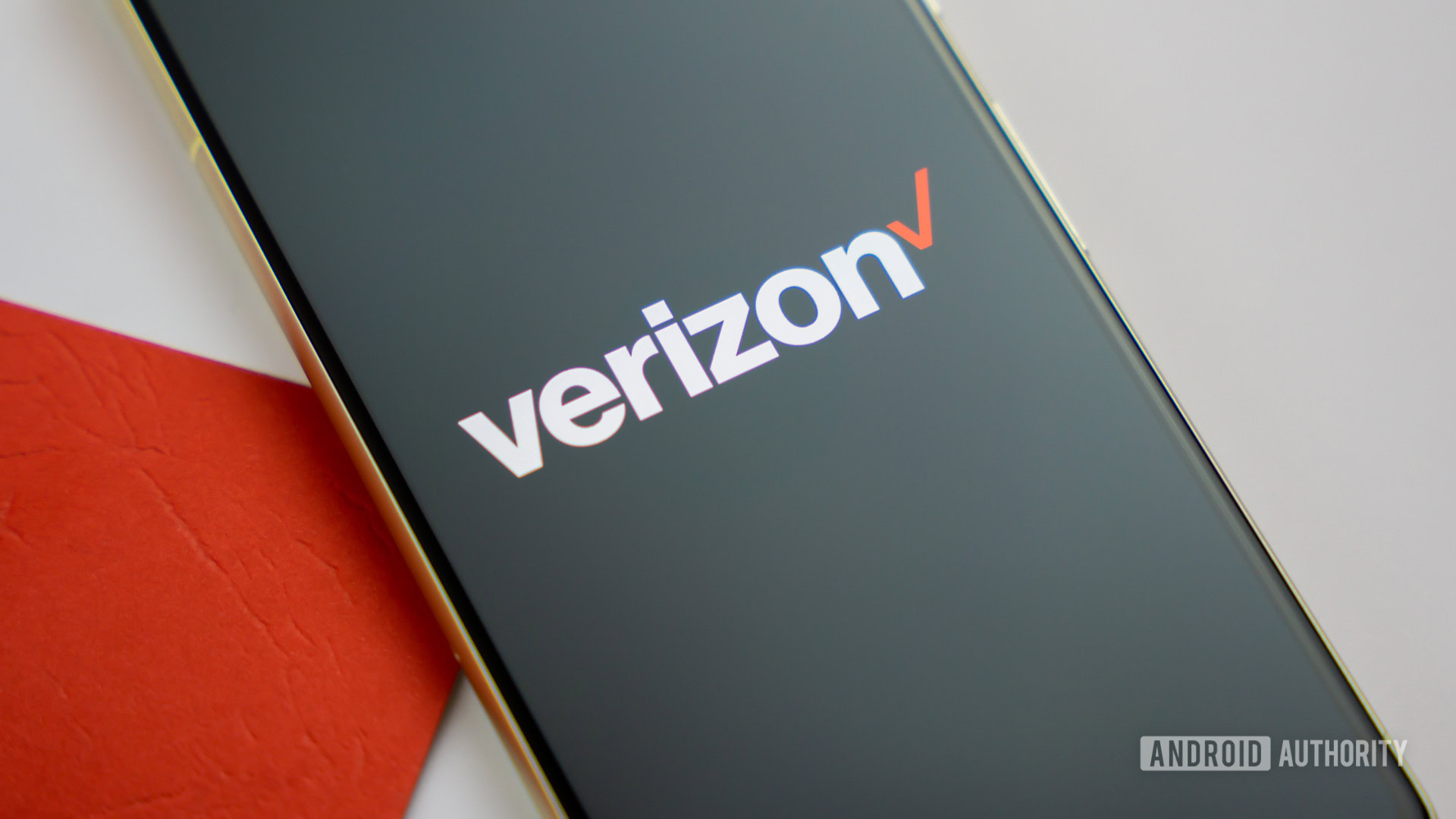Affiliate links on Android Authority may earn us a commission. Learn more.
Dish and Amazon partner up to bring phone service to Amazon Prime users
Published onJuly 26, 2023

It turns out Amazon really is bringing phone service to Amazon Prime users, just not in the way anyone assumed. Today Dish Network announced its partnership with Amazon to bring the postpaid carrier Boost Infinite to Prime users.
Boost Infinite Unlimited will be available to Amazon Prime subscribers for just $25 a month, the same price as anyone else would pay if they signed up directly. So why would you sign up for it through Prime instead? Boost hopes the incentives will be enough to draw you in, as you’ll get $5 off the $25 SIM kit, and you’ll also get $25 off your first bill. That’s a total savings of $30.
So yeah, this clearly isn’t the massive Amazon Prime phone service that some of us hoped for. Still, I suppose it’s a nice way for Dish to drive more customers to its fledging postpaid carrier. Ultimately that’s a good thing for all of us because more competition means more competitive pricing and incentives for customers.
Keep reading for the original commentary on the rumors:
Update 1): T-Mobile reached out with a statement: ““Amazon is a great partner to T-Mobile in many areas, and we are always interested in working more closely with our cross-town neighbors in new ways. However, we are not in discussions about inclusion of our wireless in Prime service, and Amazon has told us they have no plans to add wireless service.”” According to the statement, T-Mobile is not in talks with Amazon, and the latter claims they have no plans to add wireless service. Pretty cut and dry that T-Mobile isn’t involved.
Although T-Mobile says Amazon denied it’s adding a wireless service, that doesn’t necessarily mean Amazon isn’t working on something. It could be that Amazon’s talks are very early stage, and Amazon doesn’t want to alert any of its partners (or would-be competitors) yet. Or it could mean this report is nothing more than a rumor. Considering Bloomberg’s solid track record, though, we’d imagine there’s something to the rumor, even if the talks maybe have since gone cold. We’ll be sure to update this post (or write a follow-up) as we learn more.
Original (6/2):
Many of us already turn to Amazon for our shopping needs, but with Amazon Prime struggling to retain subscriber counts, a new report claims we could soon see an Amazon-powered phone service as well. According to Bloomberg, Amazon is currently in negotiations with Verizon, T-Mobile, and Dish Network as potential partners. These talks have reportedly been going on for about two months.
The idea of Amazon getting into the phone biz is nothing new. There was the failed Fire Phone hardware attempt back in 2014. There were also rumors that Amazon was interested in buying Boost Mobile back in 2019, though that never turned into anything. Nonetheless, it’s not surprising that Amazon is still interested in the mobile space. The question is, would an Amazon Prime phone service be a good thing for consumers and Amazon, and do the big carriers have anything to fear from Amazon?
How would an Amazon Prime phone service work?
Now let’s be super clear: Amazon has no intention of making its own cellular network from scratch. Instead, we’re talking about an MVNO (mobile virtual network operator) situation. Put simply, an MVNO is a carrier that uses Verizon, AT&T, T-Mobile, or US Cellular towers to provide coverage. Aside from tower maintenance, the MVNO is responsible for all its customer service, marketing, phone pricing, and phone compatibility.
Some prepaid services work with more than one carrier. For example, Google Fi debuted with smart switching between Sprint, T-Mobile, and US Cellular networks. Other partners offer multiple carrier networks but make you select only one of them when ordering a SIM. And lastly, there are those like Mint Mobile that exclusively partner with just one carrier, T-Mobile in this example.
We can’t say for sure which route Amazon will take, but most MVNO carriers tend to pick one network as it’s easier to negotiate the best prices. The report claims the reason Amazon is shopping around is it is hoping to get the best wholesale prices possible. The best deals will likely require it to sign some form of exclusivity agreement. We’ve also seen companies like Google go back on multi-carrier plans, likely due to the extra associated costs of working with multiple networks. It now relies primarily on T-Mobile only — with US Cellular only serving as a roaming backup option.
So odds are, an Amazon Prime phone service will be very affordable. We really don’t know much beyond that, though. The report claims it could be as little as $10 or even free, which would make it one of the cheapest cell phone plans available. This makes sense as Amazon continually adds new perks to its Amazon Prime subscription service. With more consumers looking to save money in our current economy, this could be another bullet point used to win folks over. Odds are you won’t be able to sign up for the service unless you have an active Prime membership. This might sound familiar, which we’ll get to in a second.
As for what kind of pricing models Amazon might take? We really can only speculate, but I have a feeling Amazon would want to keep things simple. Its customers are used to simplicity with its other services, so odds are there will be a single unlimited plan instead of many tiers. It’s hard to say if it would offer multi-line discounts or any other perks.
Amazon likely sees wireless service as a perk, not a money maker

You might wonder why Amazon would bother to make its own wireless service. The reality is that the MVNO model makes it super easy, which is why we’ve seen Comcast, Spectrum, and many other cable networks create their own services by partnering with T-Mobile, AT&T, or Verizon. These providers all charge for cell service at a very discounted rate, but the catch is you are required to have an active internet subscription with the provider. They treat phone service like a perk, a way to get more folks in the door. Odds are Amazon Prime phone service would work very similarly to this.
We’d imagine Amazon isn’t hoping to truly disrupt Verizon, AT&T, or T-Mobile. Instead, it likely has smelled the blood in the air. Carriers are spending exorbitant amounts of money on their extensive 5G networks and are looking for cash infusions. That’s an opportunity to get into the MVNO game at a cutthroat rate. Not to mention prepaid carriers have finally become more mainstream in the last few years. There are many families that use services like Google Fi and Mint Mobile in 2023.
Amazon would likely use free or cheap phone service as a perk to make Amazon Prime more enticing.
About two decades ago, you’d only typically have prepaid service if you couldn’t afford postpaid or had poor credit. All this means people are more interested in alternatives to expensive postpaid services than ever before. If Amazon can buy wholesale access cheaply and then basically give it away for nearly free, it could accomplish a few things: one, bring back subscribers. Two, keep subscribers all year round. Even if it loses a little money, those benefits alone could easily make it all worth it.
I know many who only sign up for Prime during holidays and major sales. While Amazon offers a lot of perks, not everyone regularly uses Prime Video, Kindle lending, or any of the other free features of Prime. Phone service is something you do use regularly, day in and day out. If it can get people to port over their numbers, odds are they’ll stay longer. I have a feeling it would be easier to accomplish this goal if the phone service is truly free. Or maybe Amazon could get people in the door with a free tier that limits data severely, but a premium tier gives you a more “postpaid-like” experience? Either could work well.
Would Prime phone service actually be beneficial for customers? Until we know its exact terms or pricing, we can’t answer that for sure. That said, I think more options are always a good thing. Amazon has a lot more weight than many of the smaller MNVOs out there, and yet we’ve seen a lot of great things from little guys like Mint Mobile. Having Amazon in the space certainly won’t hurt customers. It’s just hard to say if the actual plans will be worth the cost until we know more.
An Amazon and Dish partnership might be the most mutually beneficial (and most interesting)

What’s interesting is the report claims Amazon is also talking to Dish, which is itself an MVNO at the moment. We say at the moment because the carrier does have plans for its own robust 5G network and has begun limited tests with more Dish 5G coverage going live in Q3 2023. For now, Dish is currently partnering with AT&T to provide its towers until it can get its own plans fully off the ground. AT&T is the one company the report says isn’t in active talks, but Amazon has spoken to it previously during the earlier stages of negotiations.
It makes me wonder if Amazon learned it could get a better deal from Dish than Big Blue if it does go the AT&T route. After all, Dish is desperate to build its own phone network. Having a big partner like Amazon could be a huge deal for Dish as it builds its own service. Amazon might be willing to absorb some of the costs of building the 5G network if it also benefits them. Plus, just the added exposure of Prime customers might be enough to help it start building out a user base.
Again, that’s really just speculation on my part, though. Certainly, a Dish/Amazon partnership would be the most interesting. I can see how both could have a lot to gain from such a team-up. That said, it’s possible Amazon will get a better, more aggressive wholesale offer from T-Mobile or Verizon. It comes down to if T-Mobile or Verizon feels like the quick influx of cash from Amazon is worth potentially creating a new rival.
Do the big three carriers have anything to worry about?

To say the wireless telecommunications industry is turbulent and ever-changing would be an understatement. Just in the last decade, we’ve seen unlimited data rise and then fall and then rise once again to become pretty much the only postpaid option. Then there was the death of the traditional service contract and subsidized phones in favor of phone payment plans. Even newer trends like perks are leaving as suddenly as they came. Verizon was the lone hold-out, but recently, it moved to charging extra for perks instead of bundling them into the costs.
This is an industry that constantly is shaken up as each carrier tries to outwit and outplay the others. An even bigger trend is the rise of prepaid carriers. All these things create new challenges for Verizon, AT&T, and T-Mobile. Amazon would be another new challenge if the retailer played its cards right. But would the big three be worried, though? I doubt it, and nor should they be.
For one — unless Dish builds its own network in a few years and this becomes a big runaway hit — Amazon will still be beholden to one of the big three for cell towers. This means that even if Amazon’s phone service became a smash hit, the big carriers would still be profiting from the wholesale deal, and they’d be able to renegotiate more favorable terms or incorporate harsher deprioritization for Amazon’s prepaid plans.
While the big three have little to fear, Amazon still has the potential to positively influence the mobile market if it makes the right moves.
Now, could Amazon Prime or another MVNO disrupt the big three? Absolutely. Anything is possible with the right marketing. We saw what happened when T-Mobile’s John Legere used the strategy of “acting and thinking differently” to sway over tons of customers. It took a while, but eventually, people moved to T-Mobile in impressive numbers. Granted, the Sprint merger was a large part of this, but there was positive growth even before that. Now it’s not an easy road, and I think it’s unlikely. Just never say never.
If Amazon can truly offer a phone service that’s cheap, works well, and is a valuable addition to Prime for no or very little money? That could make Verizon and others push harder on the perks front, at least. Right now, we’re seeing carriers move away from including perks, but this trend could reverse in the future. After all, mobile trends tend to repeat themselves. For what it’s worth, Verizon already offers a Walmart Plus perk for $10. Considering Walmart Plus is Amazon Prime’s biggest competitor, something tells me we could see more carriers team up with Walmart if Amazon does manage to gain any ground in the mobile space.
All this would just reshape the industry a bit, but ultimately, the big three would likely remain on top. The bigger question is if Amazon could ever be anything more than a budget-bin alternative. The answer to that likely comes down to just how much Amazon is willing to spend to win over consumers in the mobile space.